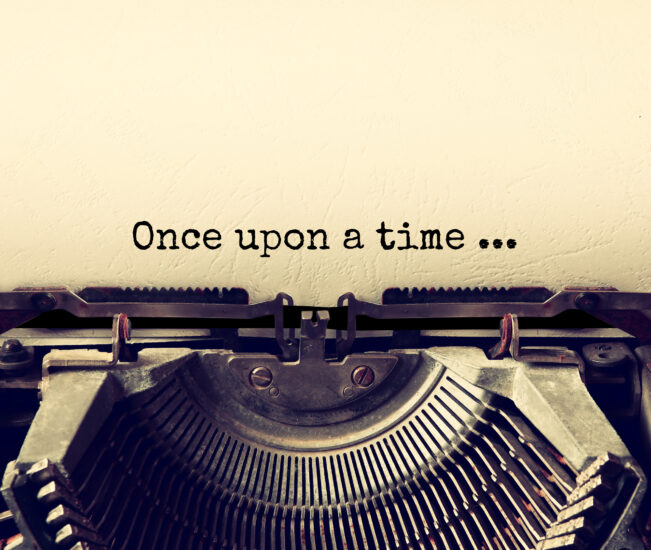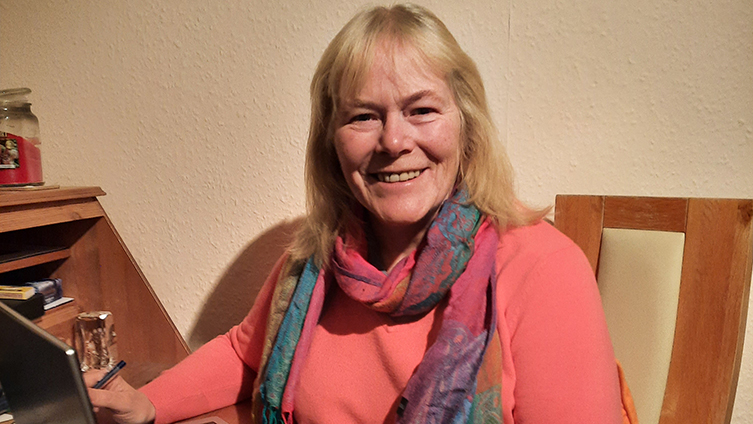
We’re in the Archives for our Story Starter this week.
The Fiction team’s been busy this week, starting some research for a possible future project.
It’s all under wraps at the moment. But the visit put us in mind of this time last year, when we were compiling the 150th Fiction Special. Hard to believe a year has passed since then!
The Archives are fascinating.
It’s an opportunity to look at (and learn from) our old issues, but also to go back in time. Over 150 years of British history is there, at your fingertips.
Everything in the magazines reflect the times they were published in — the stories, but also the adverts and the wonderful illustrations.
If you’ve been at one of our Warner holidays, you may have heard Margaret give her talk, all about the Archives and their history.
The older copies of the “Friend” are well over 100 years old now, so care is required when handling them. They’re irreplaceable. Gloves and acid-free paper markers are the order of the day.
And reading glasses for the tiny type!
So this week’s story starter is these bound volumes from our Archive. What do you think of when you see them?
Historical documents, perhaps?
If you’ve had a chance to read “Meetings With Remarkable Manuscripts” by Christopher De Hamel, you’ll have seen how documents can come alive to us when viewed in terms of the people and the times around them.
Who signed them? Who wrote them? And looked after them? What was going on in the wider world when they were being compiled?
Old letters are a mine of ideas. The Penny Post. Telegrams. Pigeon post.
And before that, letters secured with a seal, sent by messengers.
Mix of stories
That’s an interesting aside. We’re always looking for a mix of stories here on the “Friend”, and that includes both contemporary and historical stories.
We have a wonderful new serial set in 1565 starting in our next issue, by “Friend” favourite Pamela Kavanagh. And we know our readers also love stories set in Victorian times. And fiction set during both World Wars is popular.
But we’re open to stories set in any era — in Tudor times, for example. Before she left, one great piece of advice Shirley gave me was this:
“The test of a good story is it can be re-set in any era.”
Old newspapers are another source of ideas.
Pre-internet, murder-mystery shows often featured detectives engaged in laborious research, going through screeds of microfilm images in libraries.
Everyday objects can be consigned to life’s archive. Remember the Walkman? Cassette recorders, and video tapes? Cameras with film? Telephones with a dial? Steel roller skates? Vinyl records? Pencil sharpeners with a handle, which lived on your teacher’s desk?
I was always a bit wary of them, because the clamp mechanism for the pencil looked like “teeth”. And teeth that were too sharp for my liking!
Hope this helps give you some inspiration when you put pen to paper this week. Happy writing!
Creative juices flowing? Click here to choose another story starter from our back catalogue.




